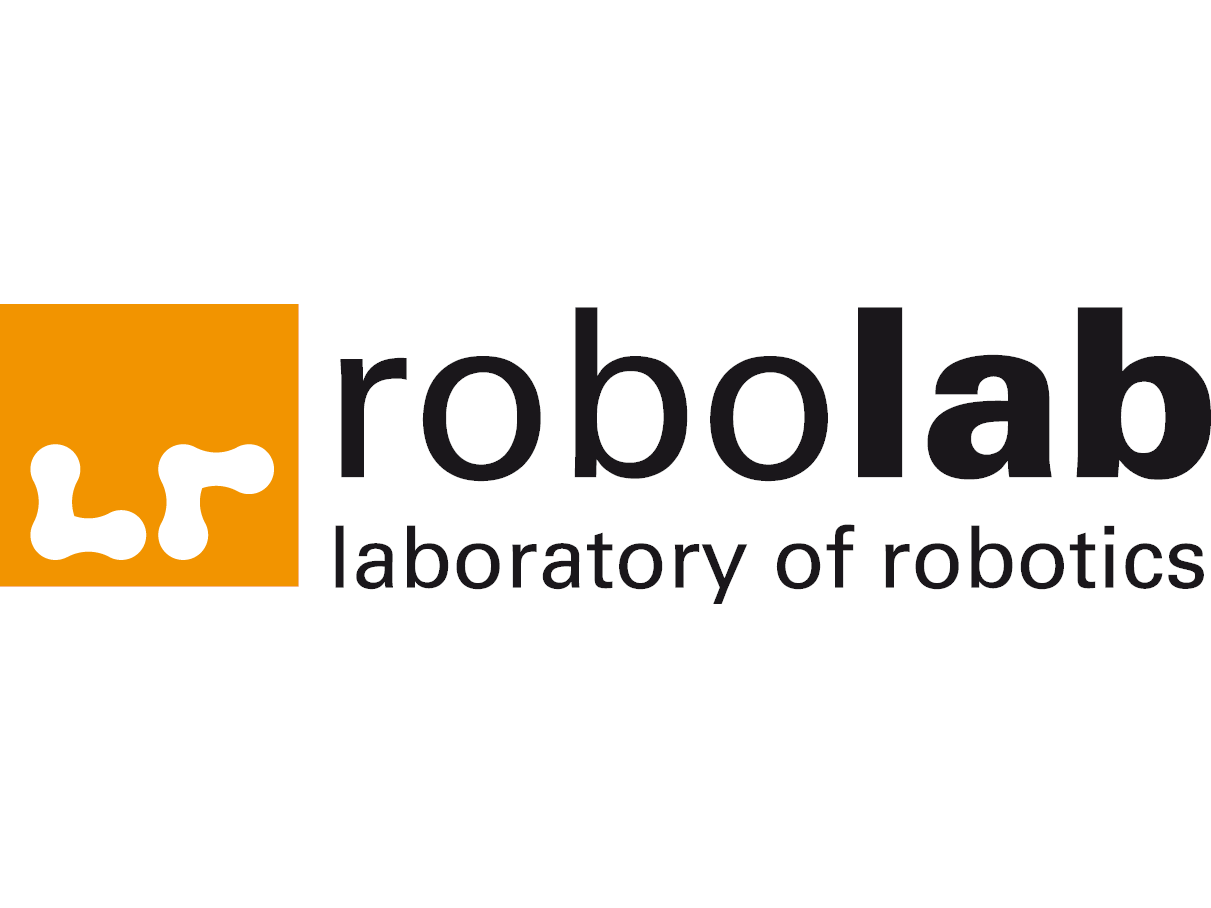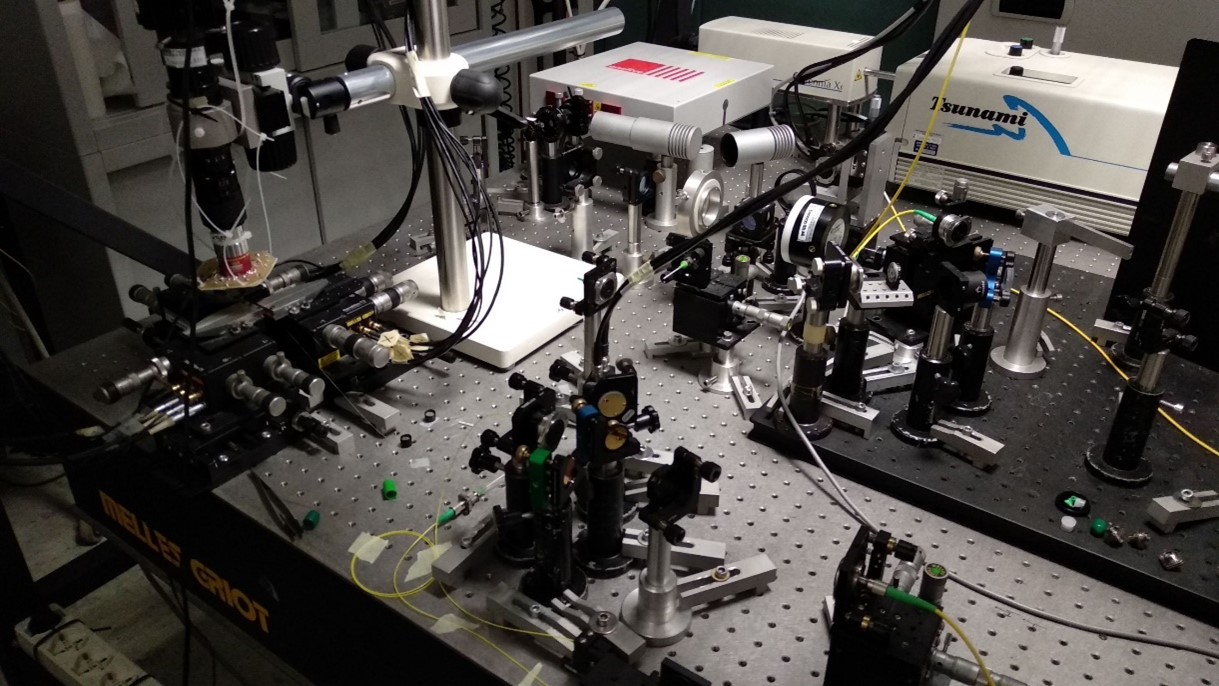On December 4, the Labs of Latvia platform, which provides information on innovations, technologies, and startups in Latvia, published a press release regarding organ-on-chip research conducted at the ISSP UL. This research involves collaboration with other organizations and is focused on developing innovative multi-organ chip systems for testing drugs aimed at treating liver, kidney, and pancreatic cancers. The pharmaceutical industry faces skyrocketing costs, with drug development averaging between €1.3 and €2.1 billion, and this trend continues to worsen, doubling expenses approximately every nine years. In response, researchers aim to leverage multi-organ chip technologies to reduce resource consumption and the reliance on animal testing—approximately 11 million mice are used each year in Europe—while enhancing research precision and uncovering new treatment options.
The leading researcher from the ISSP UL’s Micro and Nanodevices Laboratory, Dr. Roberts Rimša, highlights a significant challenge: 90% of new drug candidates fail to transition from preclinical research to clinical trials, largely due to traditional animal testing not accurately reproducing human responses. This high failure rate results in substantial financial losses and delays in bringing effective treatments to the market. To address this, organ-on-a-chip technology simulates the biological functions of human organs in controlled environments, utilizing microchannels lined with human cells to replicate physiological conditions. This method allows for precise modeling of organ reactions to various substances, providing crucial insights into potential side effects across different organs.
By integrating models of various organs, multi-organ chips enable researchers to study complex biological interactions critical for comprehensive medical research. These advancements promise to revolutionize the drug testing process, leading to faster and more accurate development of treatments and ultimately improving healthcare quality and patient safety. Under the national research program “Smart Materials, Photonics, Technologies, and Engineering Ecosystem,” the ISSP UL’s team is focused on pancreatic health while studying side effects in liver and kidney models. The collaborative effort of many research institutions signifies a transformative shift in drug development, promoting more ethical, efficient, and personalized medical solutions.
Read the full press release “Scientists Join Forces to Streamline the Drug Development Process” published on the Labs of Latvia website.



